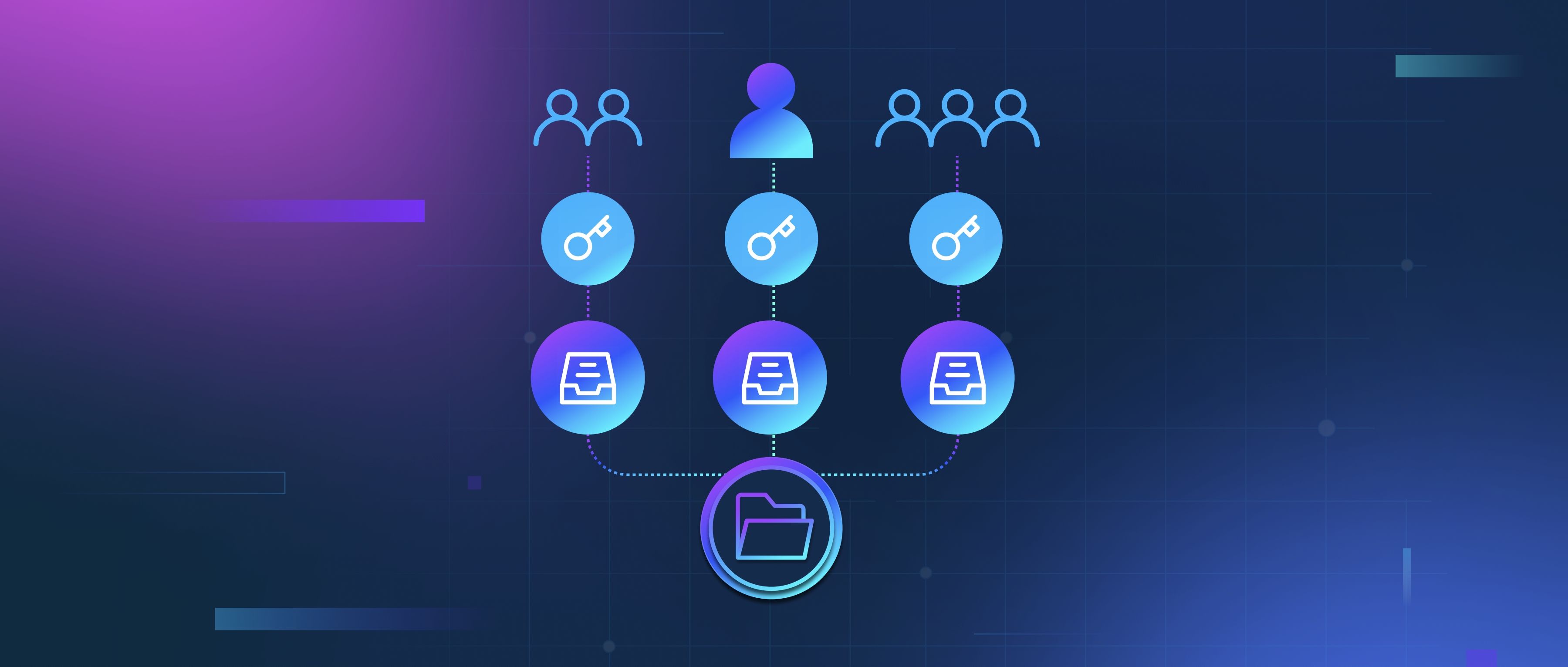Pretraining is crucial for LLMs because it helps them learn general language patterns from large datasets before being fine-tuned for specific tasks. During pretraining, the model is exposed to diverse text, enabling it to understand grammar, context, and relationships between words. For instance, pretraining allows an LLM to complete sentences or generate coherent paragraphs without prior task-specific training.
This process saves time and resources by providing a strong foundation that can be adapted to various tasks. Instead of training a model from scratch for each use case, developers can fine-tune a pre-trained LLM with task-specific data. This is particularly useful in domains like healthcare or legal analysis, where task-specific data might be limited.
Pretraining also improves the model’s generalization capabilities, allowing it to perform well on unseen tasks. The scale and diversity of the pretraining data significantly impact the model’s versatility, making it a critical step in the development of LLMs.
